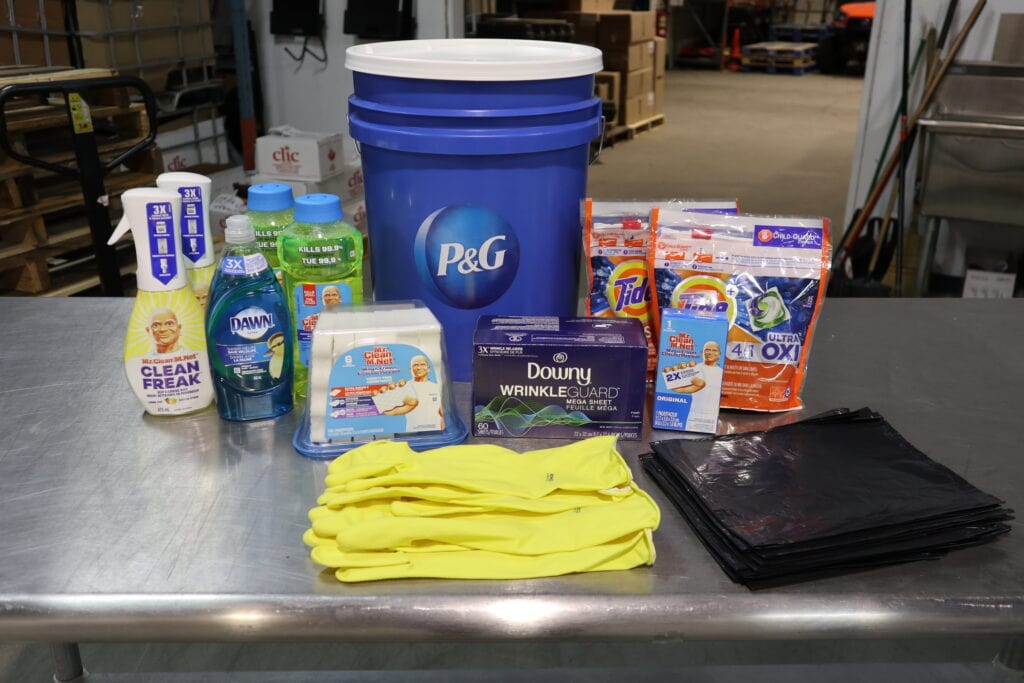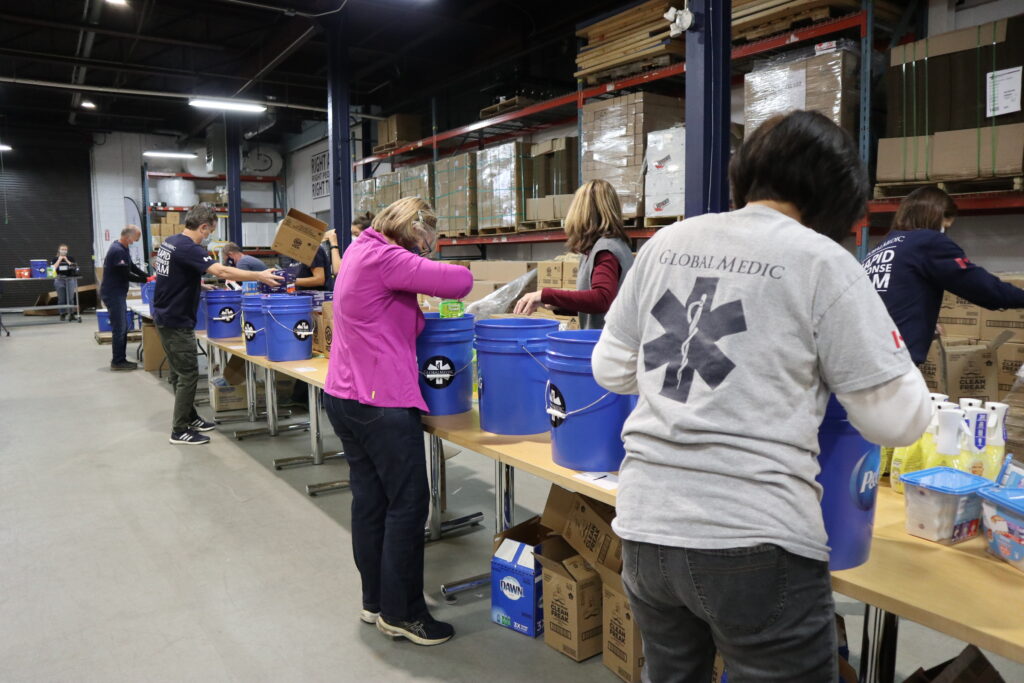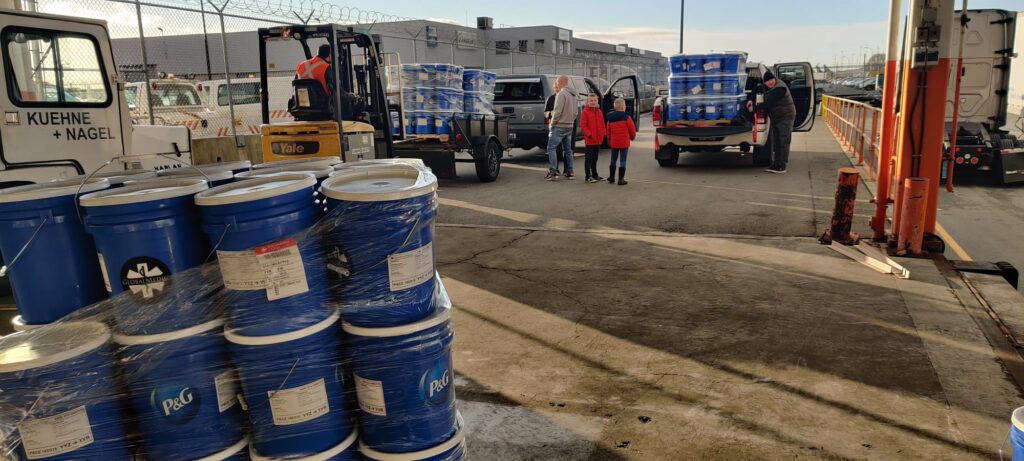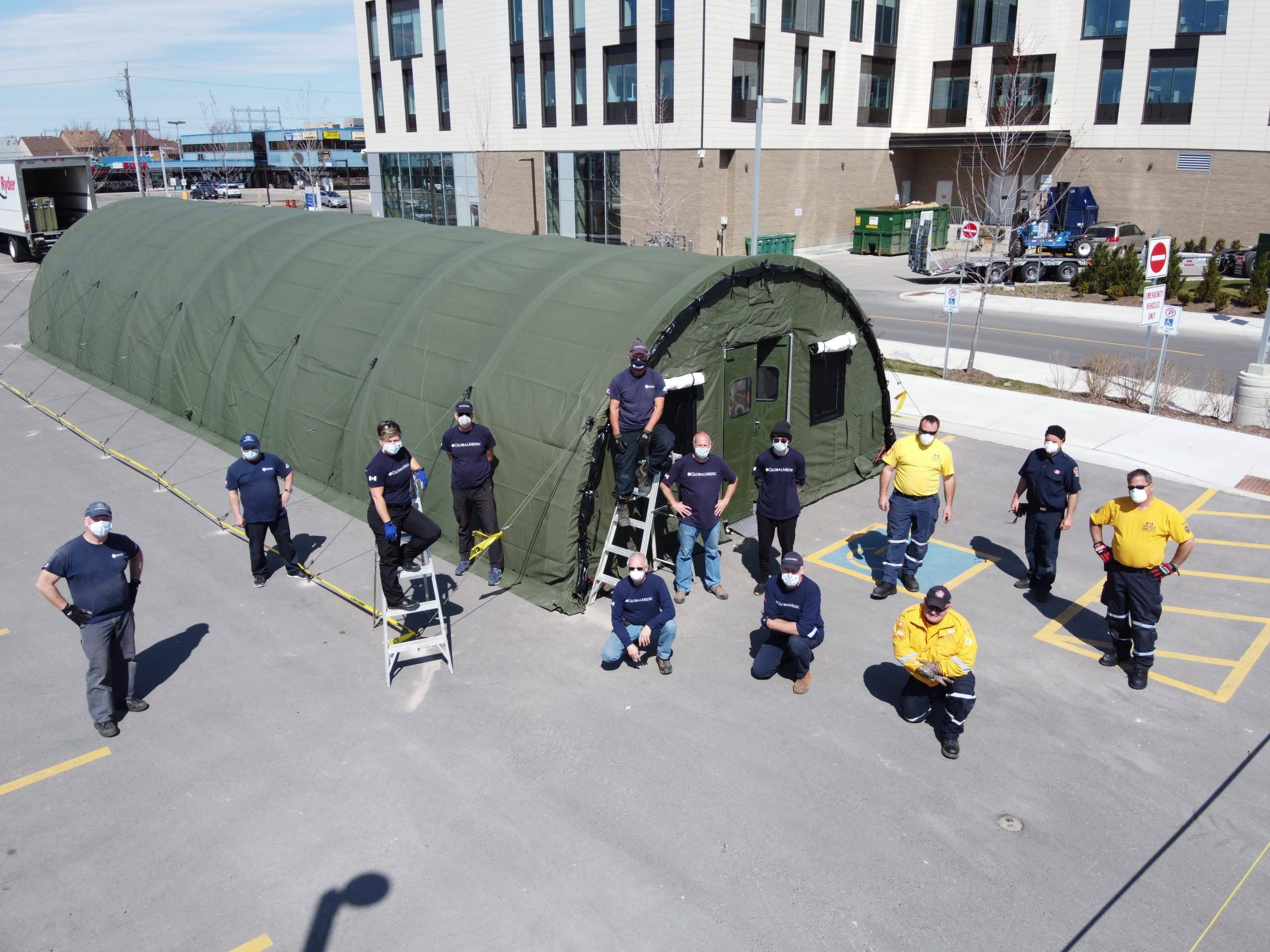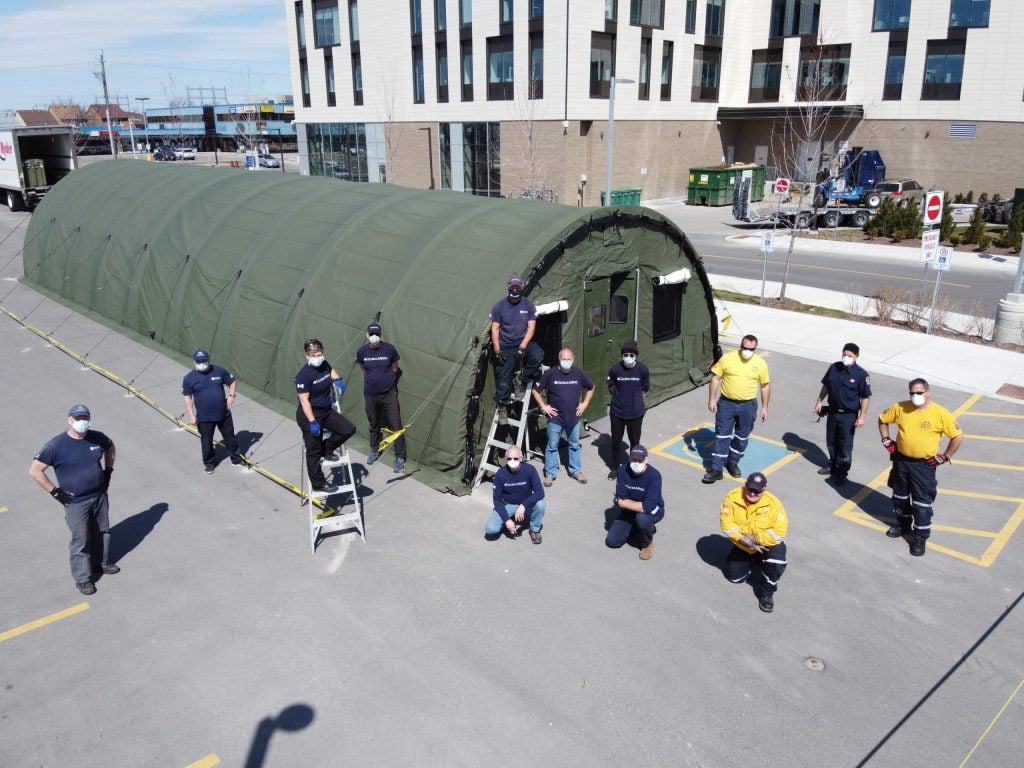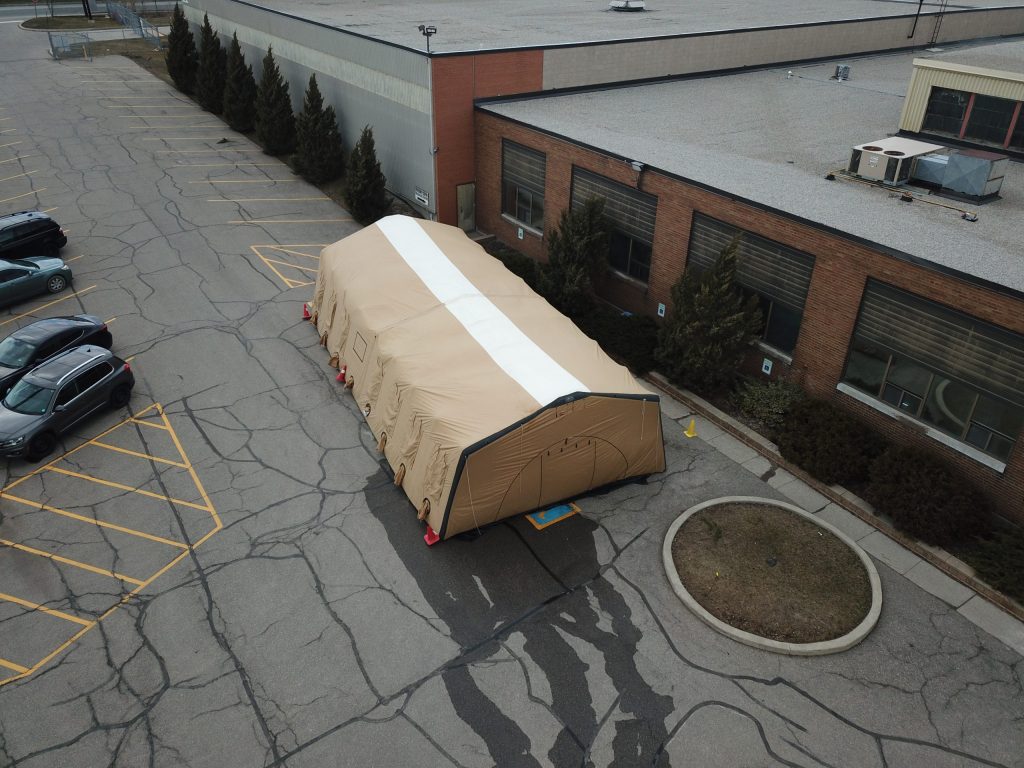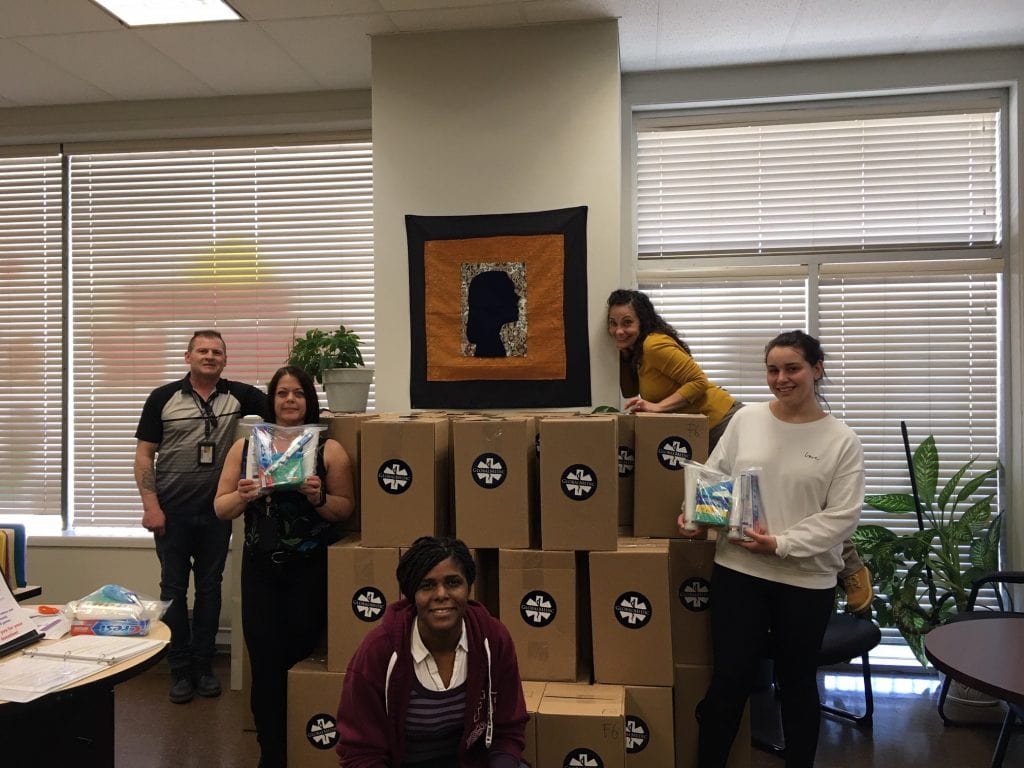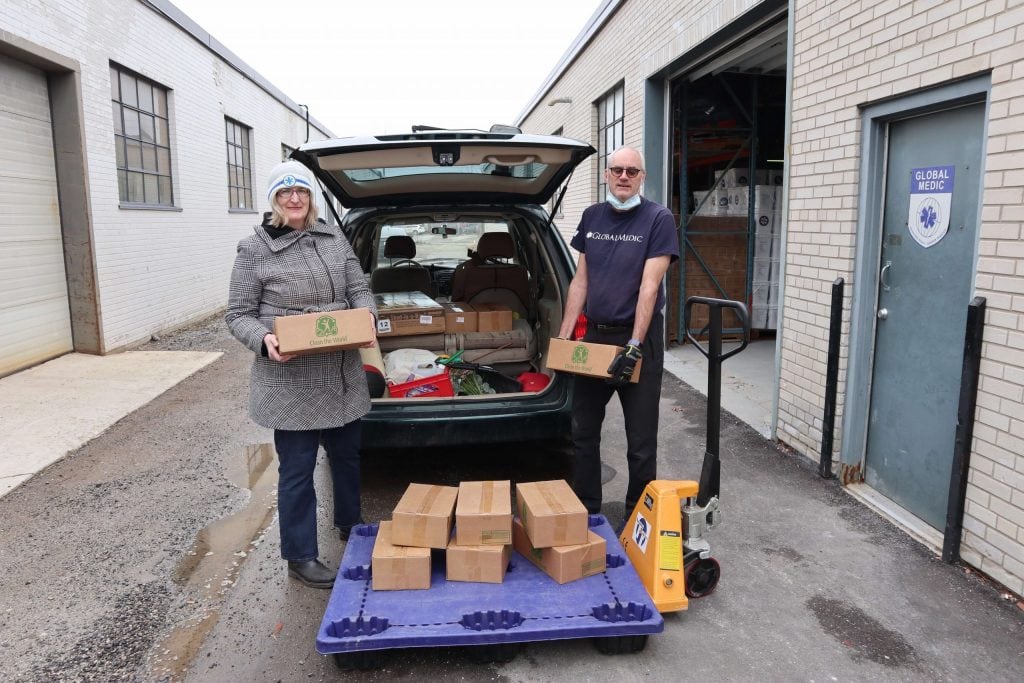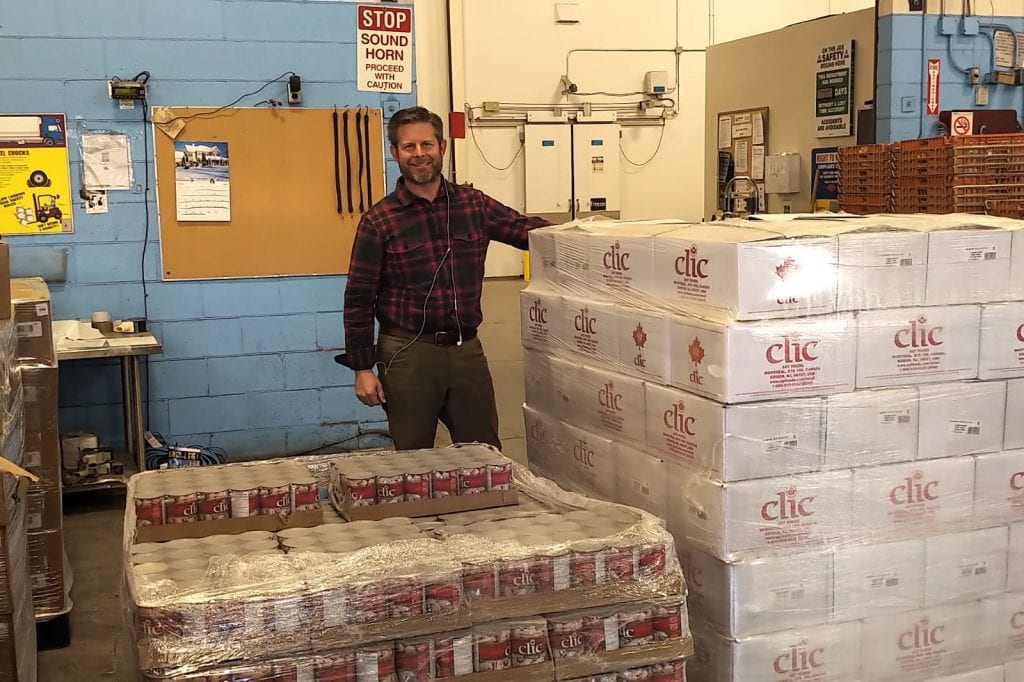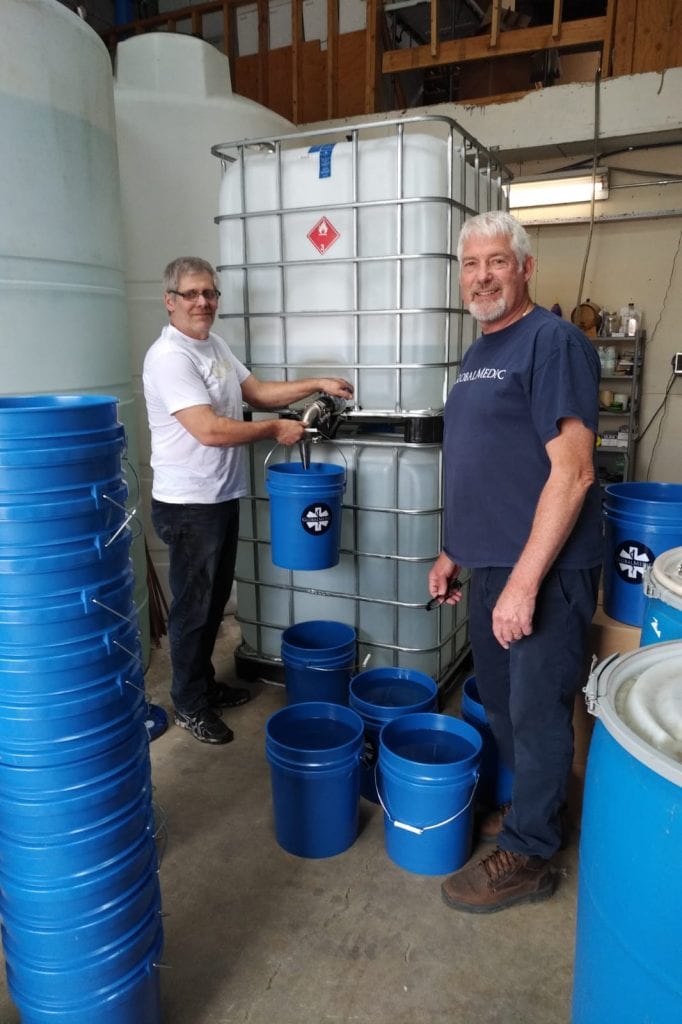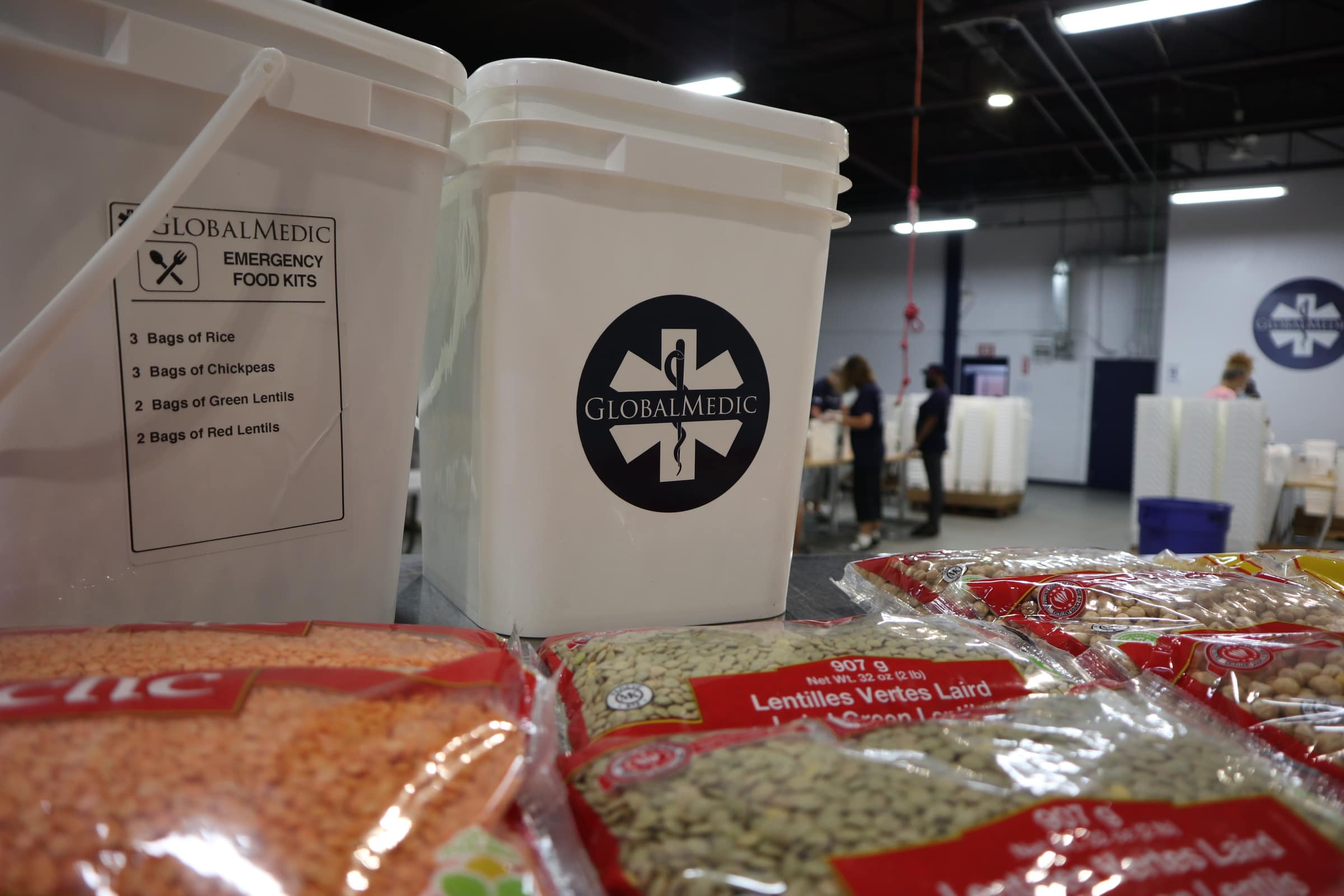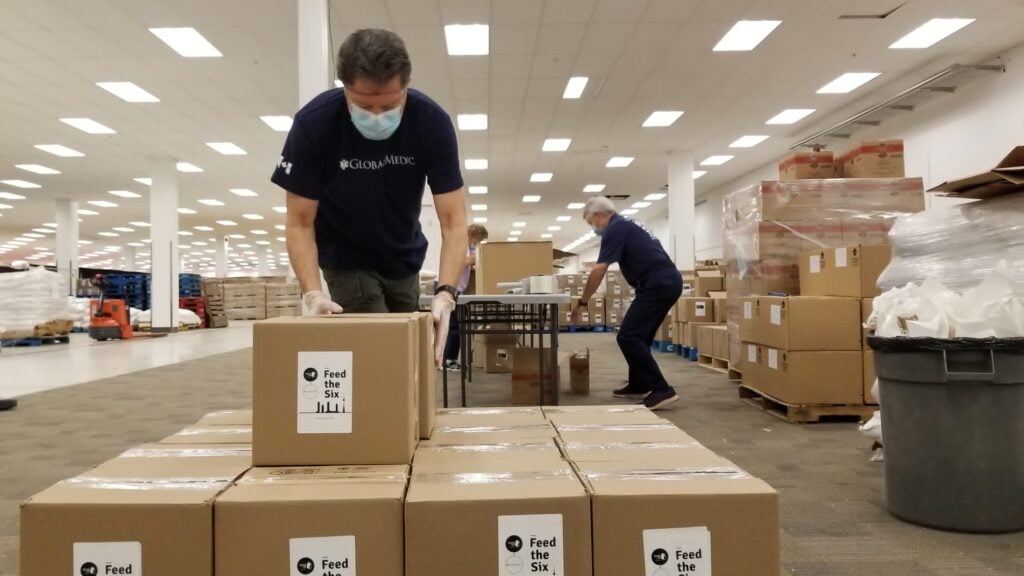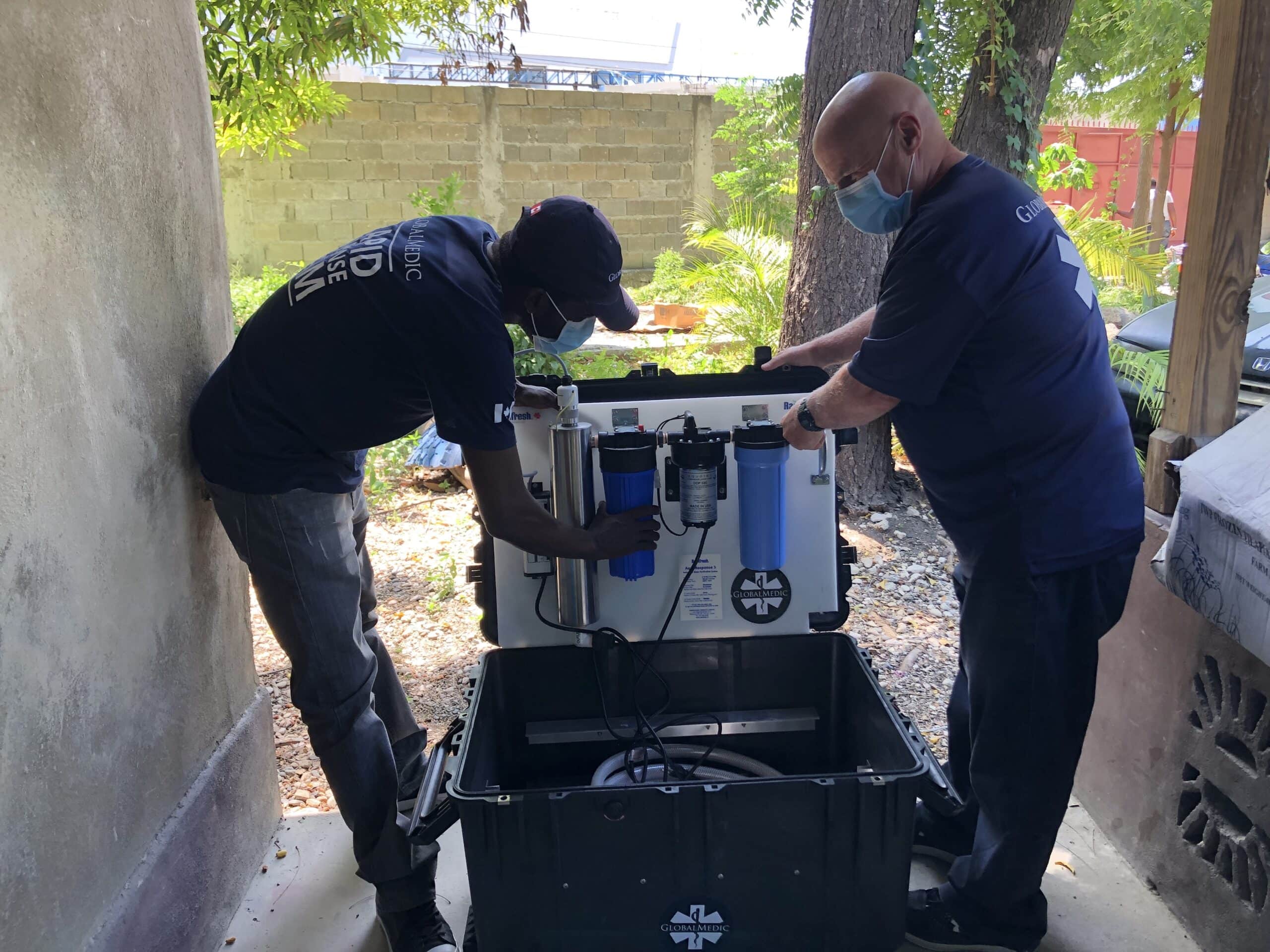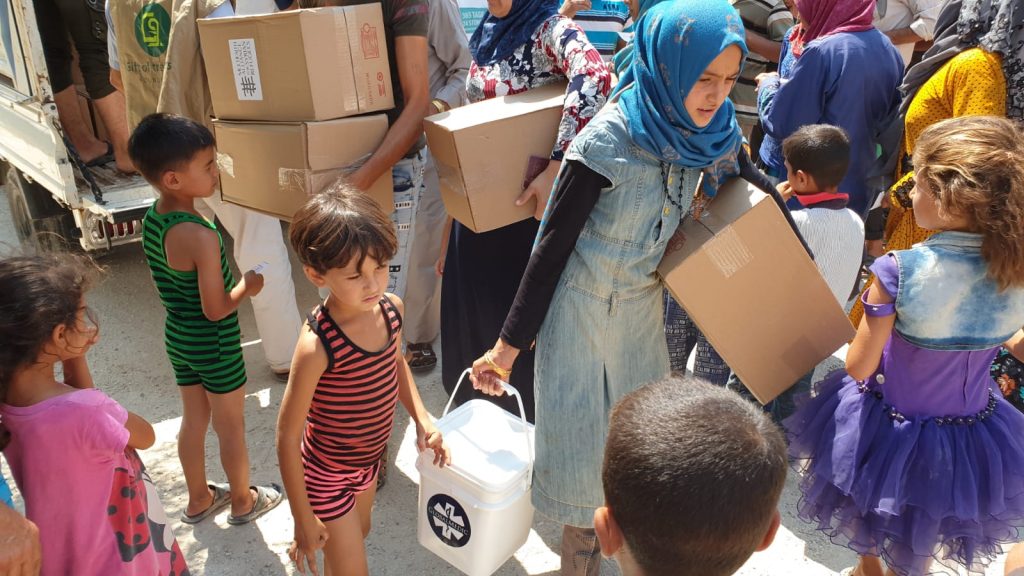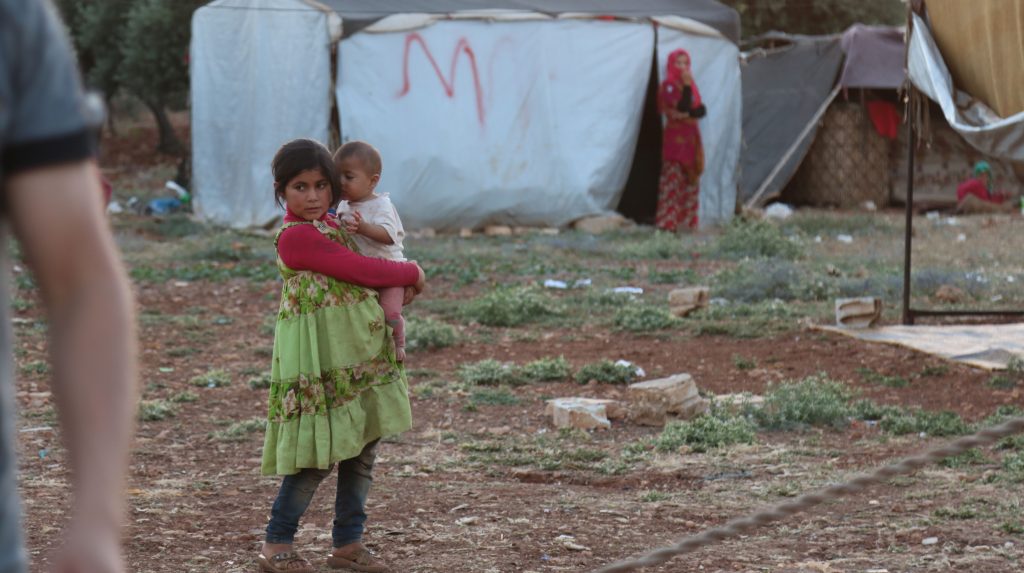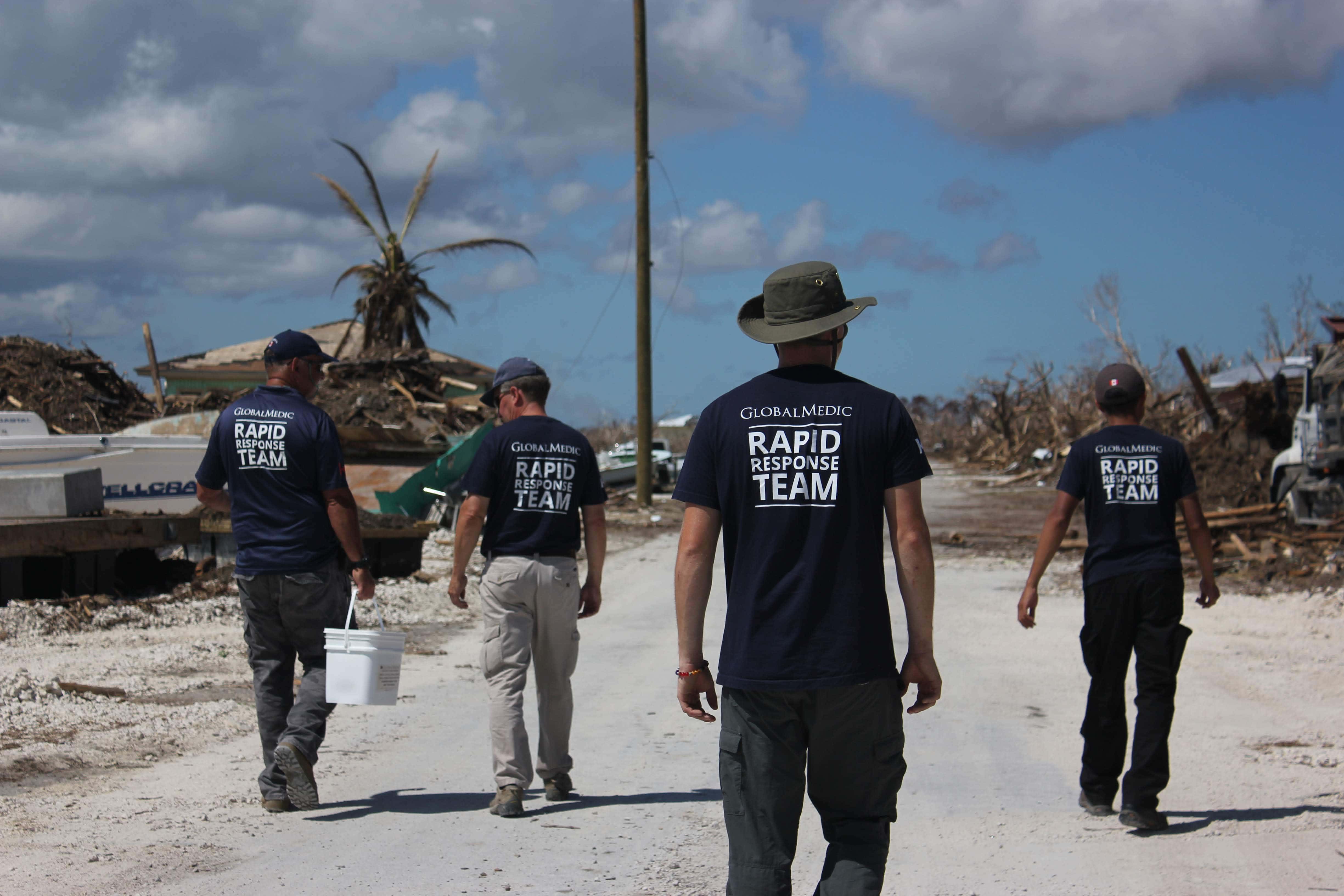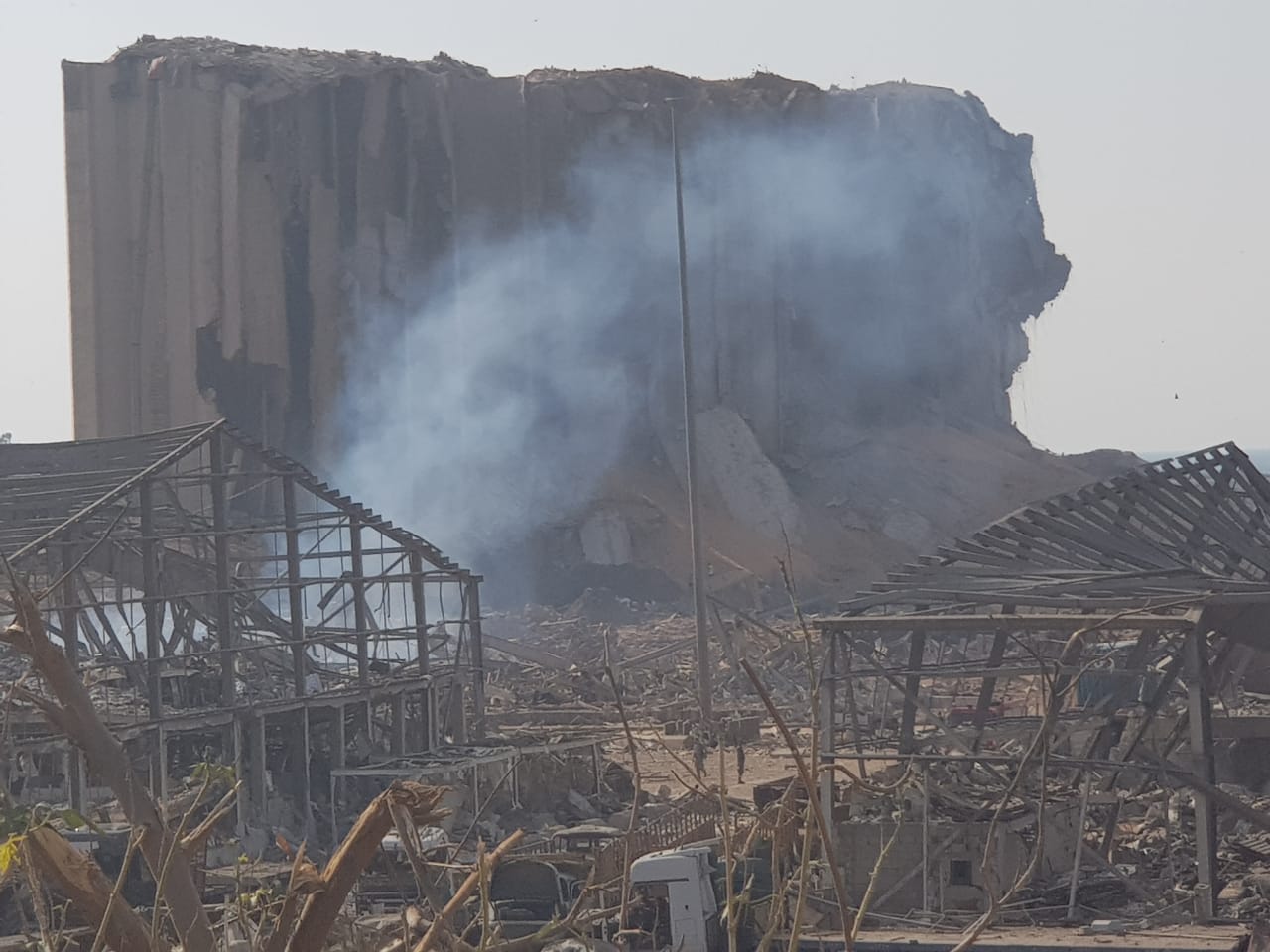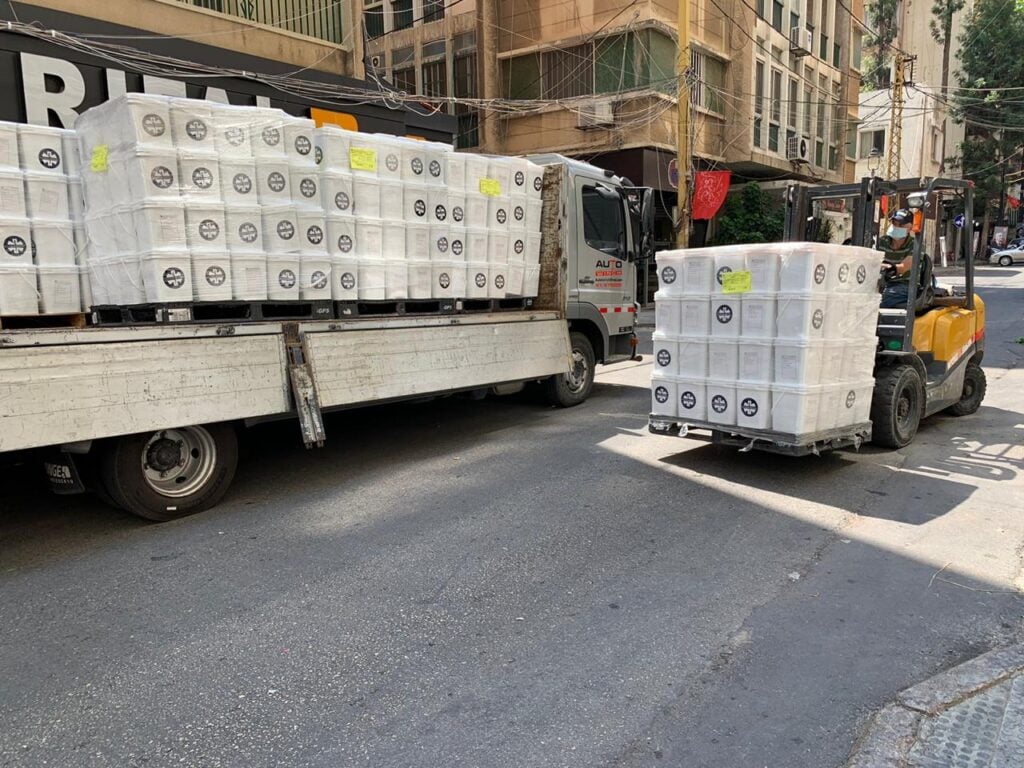An estimated 8.1 million people have fled Ukraine since the Russian invasion on February 24, 2022 making it the fastest-growing refugee crisis since World War II. Neighbouring countries have seen waves of refugees crossing their borders, seeking safety and support. In addition, at the peak more than 8 million people were internally displaced. Although some people have returned home, there are still approximately 3.6 million IDPs in Ukraine. Many families have fled their homes with very little and the humanitarian crisis continues to grow as the conflict wears on. 12.7 million people will require humanitarian assistance in 2025.
GlobalMedic has worked closely with local Ukrainian partners over the years, and with our network of partners and Rapid Response Team members we are supporting Ukrainians who have been impacted due to the increased violence. Please consider a donation to our current response.
Moldova
Since the beginning of the crisis, more than 535,000 Ukrainian refugees have crossed into Moldova. Our Rapid Response Team is on the ground in Moldova and is working with our local partners to support the intake of refugees into Moldova. We began by working to distribute food and hygiene items to refugees in Moldova, setting up on the Ukrainian border to provide immediate assistance to entering refugees and procuring additional items required by temporary shelters as they emerged. Our ready to eat meal program distributed more than 12,980 meals to refugees in transit at local train stations, as well as to refugees staying in shelters.
We have set up an emergency food kit program in Moldova whereby kits are assembled which contain locally procured, culturally appropriate staple foods including rice, beans, potatoes and cabbage. These kits are then distributed to Ukrainian refugees and Moldovan host families, with some being transported back across the border to Odesa. We have distributed more than 259,000 of these kits in Moldova and sent an additional 650 kits across the border into Ukraine. We have also distributed 8,820 Family Emergency Kits in the rural areas surrounding Chisinau, providing access to clean drinking water and essential hygiene items to families who have relocated there.

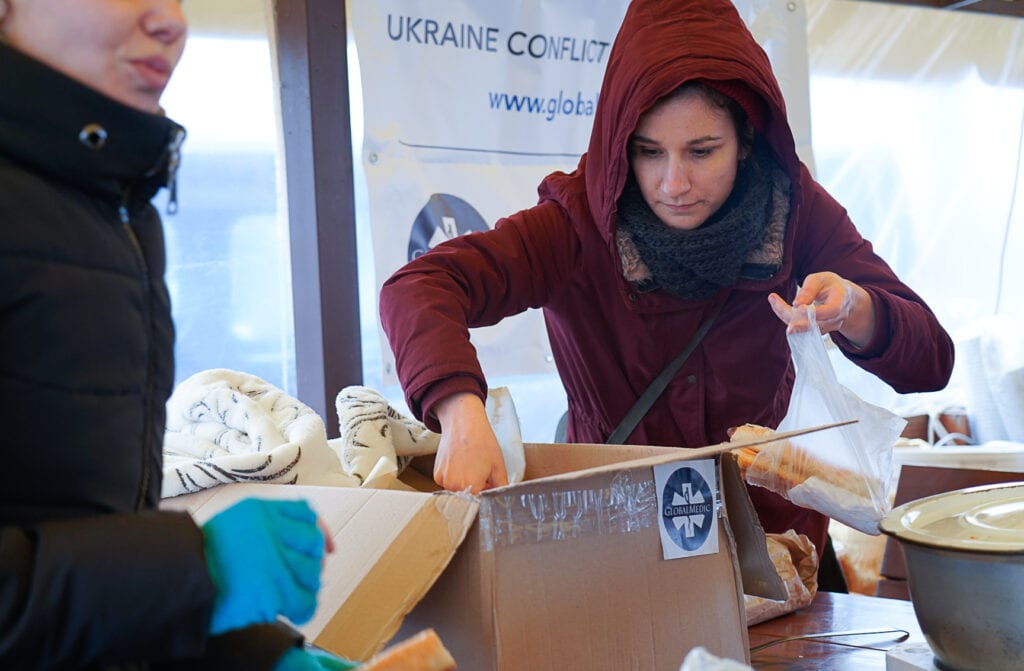

Romania
More than 830,000 Ukrainian refugees have crossed into Romania since conflict broke out in Ukraine. Our Rapid Response Team is on the ground in Romania running our operations. With our local partners, we are providing Ukrainian refugees with food, hygiene items and shelter. We are supporting the renovation of a dormitory to host additional refugees and are actively working to make sure that newly arrived refugees have access to support to meet their basic needs through the purchase of items like mattresses, bedding and cleaning supplies. We initially also supported aid convoys running cross-border operations into Ukraine. Daily humanitarian convoys were running in small vans to deliver food aid, hygiene items and medical supplies which have been distributed in several Ukrainian cities including Chernivtsi, Kyiv and Kharkiv.


We have also set up an emergency food kit packing program in Romania. Locally procured food items are being assembled into kits by our RRT members and local volunteers. These kits are being distributed in Romania as well as across the border in Ukraine. To date, more than 56,600 food kits have been distributed through this program.
GlobalMedic volunteers in Canada have also been assembling emergency food kits which we are sending to support our Romanian operations. So far an additional 1,600 kits have been transported from Canada to our program in Suceava where they were then distributed across the border in Ukraine.


Ukraine
We are working with our long time local partners in Ukraine to provide assistance to people who have been displaced due to the conflict. During the initial wave of migration, GlobalMedic and our partners took over a hotel restaurant in Lviv to supply free hot meals to displaced people seeking safety from the violence. Our team also set up at a train station in Lviv to provide those in transit with hearty food. Through that program we supported 3,825 people with food support. We are now running this program in Odessa and Lutsk to support IDPs and local residents who remain there. Meals are prepared every day on a rotating menu to provide variety but also nutritious options. This program has distributed 117,857 meals to date.
We have opened a number of food hamper packing sites inside Ukraine. The hampers at these sites are prepared using all locally sourced products and local staff and volunteers are supporting their production. The hampers are then distributed to food insecure families across the country. We have delivered over 208,900 hampers through this program. We are also supplying hygiene kits through similar channels, distributing 20,000 kits to date.
We are facilitating cross-border shipments into Ukraine. In partnership with Airlink, Air Canada and Ukrainian Medical Support, we sent a shipment of trauma supplies and essential medicines to support hospitals and displaced persons. This shipment was flown to Poland and then trucked to Lviv. We also supported a shipment of hygiene items from Poland to UNICEF operations in Lviv.
We flew a second shipment containing Emergency Food Kits assembled by GlobalMedic volunteers in Canada. These kits were also flown to Poland and then trucked to Lutsk. The kits contain pantry staple items as well as things like solar lights, water purification tablets, Procter & Gamble Purifier of water sachets, and some first aid kits. The first aid kits were designed by a GlobalMedic volunteer who has trained paramedic students around the world. Students from Humber College’s Paramedic Program created instructions on how to use the First Aid Kit on common, trauma-related injuries. Working with Humber’s instructors and students, GlobalMedic filmed instructional videos where Humber’s paramedic students demonstrated how to use the contents of the First Aid Kits and some of GlobalMedic’s Ukrainian-speaking volunteers translated and spoke in the videos so the instructions are clear for those in Ukraine. We have continued sending air cargo on a weekly basis to various locations in Europe for further transport into Ukraine and have distributed more than 44,180 Emergency Food Kits and 42,748 Family Emergency Kits to affected families in Ukraine.


Our Response in Ukraine is supported in part by












